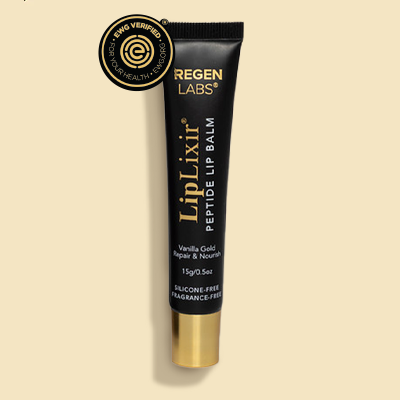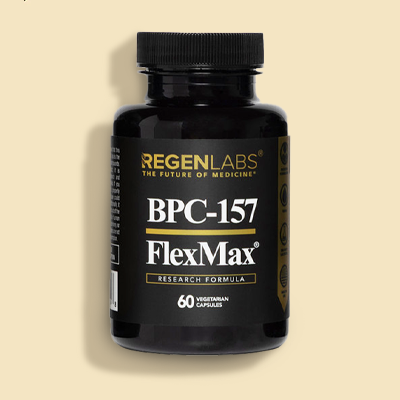It’s a common misconception that joint health only becomes a concern later in life. But in reality, joint degeneration can begin far earlier than most people expect. Many adults in their 30s are already experiencing mild discomfort or stiffness— often caused by a mix of sedentary habits, poor posture, or the beginning stages of early-onset osteoarthritis. If you wait until your 60s to take joint care seriously, you may already be playing catch-up.
What Happens to Joints in Your 30s?
As early as your third decade of life, your body naturally begins to lose bone density and muscle mass—two critical components of joint support. Cartilage, the cushion between bones, also starts to break down over time. This gradual wear and tear leads to increased friction and discomfort during movement. Even subtle structural changes in the joints can cause stiffness or limit flexibility, especially in weight-bearing areas like the knees, hips, and lower back.
Compounding this issue is modern lifestyle: long hours of sitting, lack of mobility, and poor ergonomic alignment at work can quietly damage connective tissues. For people in physically demanding jobs or high-intensity workout routines, repetitive stress and overuse without proper recovery can accelerate this degeneration. These issues are now recognized as drivers of joint-related conditions in younger adults, especially when left untreated.
The Long-Term Risk of Delaying Joint Care
Joint degeneration doesn't happen all at once—it creeps up over years. Without early intervention, you may not feel the full impact until it's too late to reverse. Common consequences of neglect include osteoarthritis, reduced mobility, chronic inflammation, and even lifestyle-altering surgeries like knee or hip replacements.
By investing in joint health in your 30s, you can maintain your flexibility, range of motion, and comfort decades into the future. Think of it as compound interest for your mobility: small habits now yield major benefits later.
How to Protect Your Joints Before They Hurt
Proactive joint care is simple, practical, and deeply effective. Start with these three strategies:
-
Incorporate joint-friendly movement: Activities like swimming, cycling, walking, and resistance training improve joint lubrication and keep supporting muscles strong. Following evidence-based joint protection techniques can help you move confidently without unnecessary wear.
-
Focus on healthy weight maintenance: Carrying excess weight puts exponential pressure on your joints—especially the knees. Each pound gained can add up to four pounds of stress on your lower body. By applying weight control methods linked to joint longevity, you can drastically reduce future pain.
-
Eat foods that support joint structure: A diet rich in collagen-boosting nutrients, antioxidants, and anti-inflammatory compounds can help protect your joints from the inside. Incorporating joint-supportive nutrition strategies is a smart, low-effort investment in mobility and comfort.
-
Prioritize rest and recovery: Overtraining without sufficient recovery can break down tissues faster than they repair. Whether you're an athlete or just active, joint recovery days and proper hydration are non-negotiables. Giving your body the space to rebuild is essential for long-term joint integrity.
BPC-157 FlexMax™ by Regen Labs: Proactive Support with Purpose
In addition to lifestyle and diet, science-backed supplements can offer targeted support. BPC-157 FlexMax™ by Regen Labs is a next-generation formula designed to protect and strengthen joints with ingredients backed by research.
At the heart of the formulation is BPC-157, a synthetic peptide studied for its ability to support tissue regeneration and target inflammation. It's paired with epicatechin, a natural compound found in cacao that supports blood flow, muscle growth, and joint resilience. Together, these ingredients help lessen wear on connective tissue, speed up recovery, and support overall joint function.
BPC-157 FlexMax™ also contains supporting nutrients that nourish the cartilage matrix and strengthen the integrity of the tissues surrounding joints. Whether you're an active adult, recovering from strain, or simply want to prevent future problems, BPC-157 FlexMax™ offers daily joint support that fits into any wellness routine.
Why Early Prevention Matters
Cartilage doesn’t regenerate easily. Once you’ve lost it, regaining full joint function is difficult—if not impossible. That’s why prevention in your 30s is so important. Think of joint care not as a “fix,” but as a foundational layer of your wellness strategy—like brushing your teeth or getting quality sleep.
Whether you're chasing performance goals, managing a physically demanding job, or simply want to remain mobile and pain-free for decades to come, the time to start protecting your joints is now.
The Bottom Line
Joint health is too important to postpone. With small, consistent choices—movement, nutrition, supplementation, and recovery—you can preserve your mobility, strength, and confidence well into the future. Don’t wait until you’re in pain to take action. Begin now, and give your joints the long-term care they deserve.
Explore BPC-157 FlexMax™ by Regen Labs to complement your proactive lifestyle and build a stronger foundation for movement— starting today.











